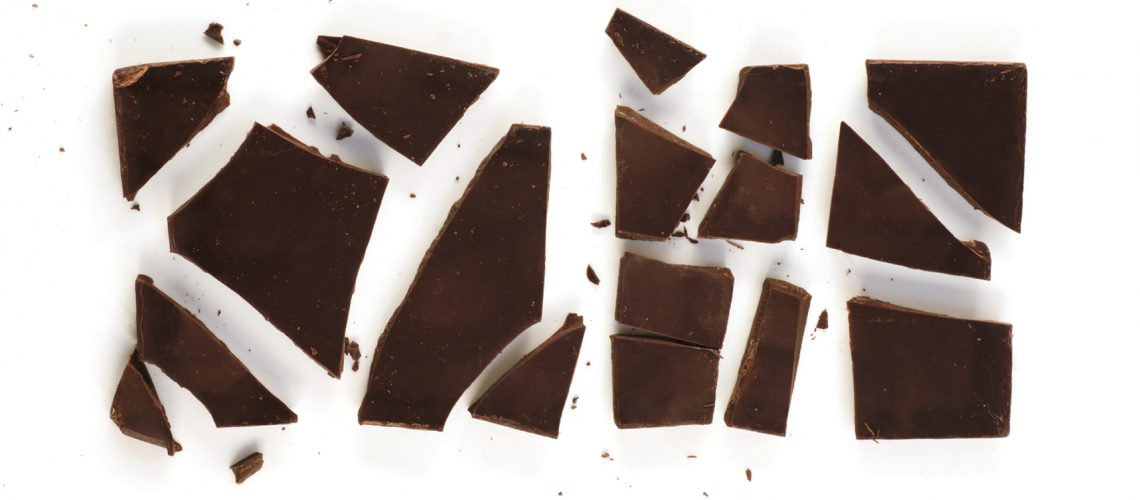Digest This
Click on the topics below to learn how probiotics can improve your digestive health, naturally.

Is Dark Chocolate REALLY Good For Your Gut?
- @drHoberman
- Diet
Lately, I’ve seen several articles bragging about the health advantages of eating dark chocolate.
Unfortunately, a lot of them sound too much like advertisements for products, like this “healthy candy taste test.” On top of this, these “healthy” chocolate bars can be pretty pricey too. In some cases, they cost more than $3 per bar!
So, I did a little research of my own and found some compelling evidence that supports some benefits for eating dark chocolate.
Comparing dark chocolate to lycopene
A group of European scientists compared the effects of dark chocolate and lycopene, a powerful antioxidant found naturally in a lot of foods (from tomatoes and watermelon to red bell peppers and asparagus), on 30 patients who suffered from moderate obesity.
Scientists divided patients into five groups. Patients were assigned to take daily doses ranging from 7-30 mg of lycopene, dark chocolate alone and dark chocolate infused with 7 mg of lycopene for a month.
Interestingly, both lycopene and dark chocolate increased — together and separately — amounts of Bifidobacterium or Lactobacillus strains in each patient.
In addition, the lycopene groups experienced dose-dependent changes in the blood, liver, skeletal muscle and skin.
Weighing the benefits and concerns
These gut-friendly results sound promising, but before you stock up on dark chocolate, there’s some important health concerns you need to consider.
- Not any dark chocolate will do. Patients were consuming 70 percent dark chocolate, which health experts estimate is the minimum percentage you need to achieve greater nutritional benefits.
- The higher the percentage of cocoa solids in dark chocolate, the less sweet and more bitter it will be.
- All dark chocolates are not processed equally. Depending on how the chocolate was processed chemically, any nutritional value it may have had could be lost.
- The average 2-ounce serving of 70 percent dark chocolate contains about 60 mg of caffeine, less than an 8-ounce cup of coffee (100 mg at minimum) by not by much.
- For many people, especially those dealing with existing health problems like obesity or diabetes, eating dark chocolate on a daily basis to give your gut health a boost isn’t the best idea. Also, extra ingredients add fats and calories that limit any benefits you hope to achieve.
My most important take-home reminder for you is that your gut must be healthy first to take any advantage of these chocolatey benefits.
Taking a daily probiotic, like EndoMune Advanced Probiotic with 10 strains of beneficial bacteria, is the best first step you can take to improve the health of your gut right now.
Then, you can have dark chocolate, but only in moderation…
Resources
There Is An Endomune Probiotic For Every Lifestyle
-
EndoMune Metabolic Rescue
$44.95 -
EndoMune Advanced Probiotic
$42.95 -
EndoMune Companion Pack
$112.93








